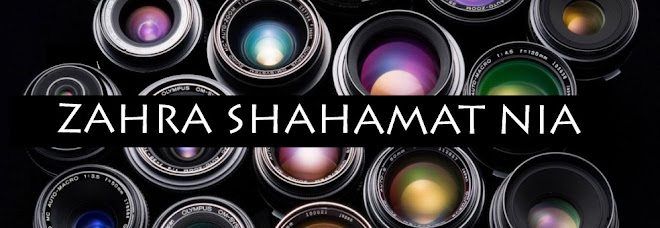Birthdays are original, personal, noteworthy traditions. Some people like to forget them. Others prefer smaller celebrations. But for some, the day must be a flag-waving, band-playing joyous merrymaking occasion.
We are so used to celebrating our birthday every year that it seems like it's been a tradition almost forever!! But there too is a birthday history, and a place and time it all began...
When early people had no way of keeping track and marking time (except by the moon, sun or by some important event) little attention was paid to the anniversary of a person's birth. Everyone realized, of course, that people grew older as time passed; but they didn't mark any special milestone for it. Only when ancient peoples began taking notice of the moon's cycles, did they pay attention to the changing seasons and the pattern that repeated itself over and over and so they began to mark and note time changes. That's the start of birthday history.
Eventually, the first calendars were formulated in order to mark time changes and other special days. From this tracking system came the ability to celebrate birthdays and other significant anniversaries the same day each year.
It is also said that Birthday celebrations began as a form of protection. It was a common belief that evil spirits were more dangerous to a person when he or she experienced a change in their daily life, such as turning a year older. To protect them from harm, friends and family would gather around the birthday person and bring good cheers, thoughts and wishes. Giving gifts brought even more good cheer to ward off the evil spirits. Noisemakers are thought to be used at parties as a way of scaring away the evil spirits. The birthday history custom of lighting candles originated with people believing that the gods lived in the sky and by lighting candles and torches they were sending a signal or prayer to the gods so they could be answered. When you blow out the candles and make a wish this is another way of sending a signal and a message.

Even though historians are certain that people have observed their birthdays for quite some time, there are very few records of such celebrations that still exist. The only ones documented in birthday history are those birthdays of kings, high-ranking nobility, and other important figures. Common people and especially children never celebrated their birth when the idea came about. This trend has been explained by a theory that nobility were the only people wealthy enough to throw such celebrations, and quite possibly were the only ones thought to be important enough to have been written about or remembered. Some historians believe these early birthday bashes resulted in the custom of wearing birthday "crowns" as time went on.
The Germans are given credit in birthday history for starting celebrations of children's birthdays. These celebrations were called "kinderfeste". The word "kinderfeste" is derived from two German words 'kinder' meaning children and 'feste' meaning festival or party.
More in birthday history: The song "Happy Birthday to You" was composed by two sisters, Mildred and Patty Hill, in 1893, but nobody really paid much attention to it until the original words "Good Morning to You" were changed to "Happy Birthday to You", words that are sung in virtually every home across the world at least once during the year.


0 comments:
Post a Comment